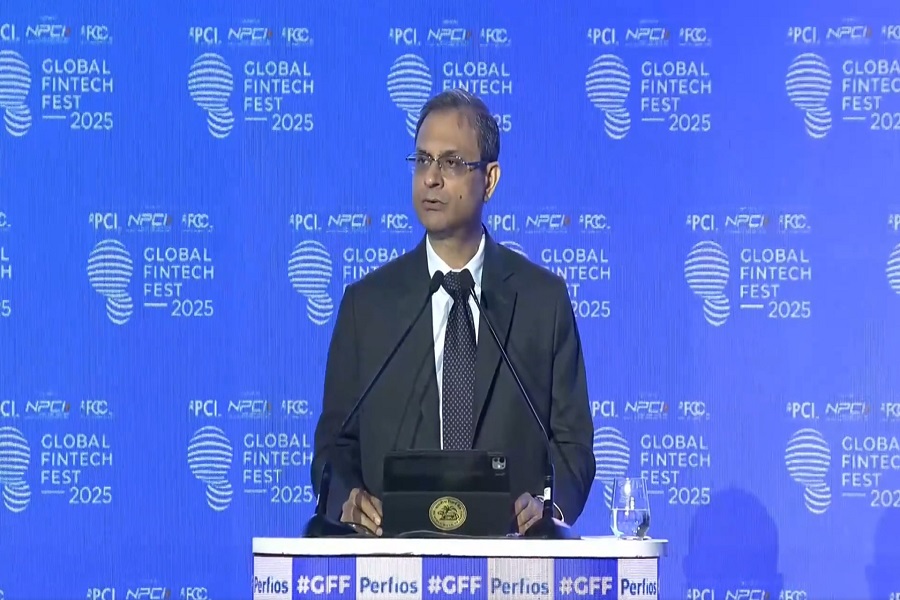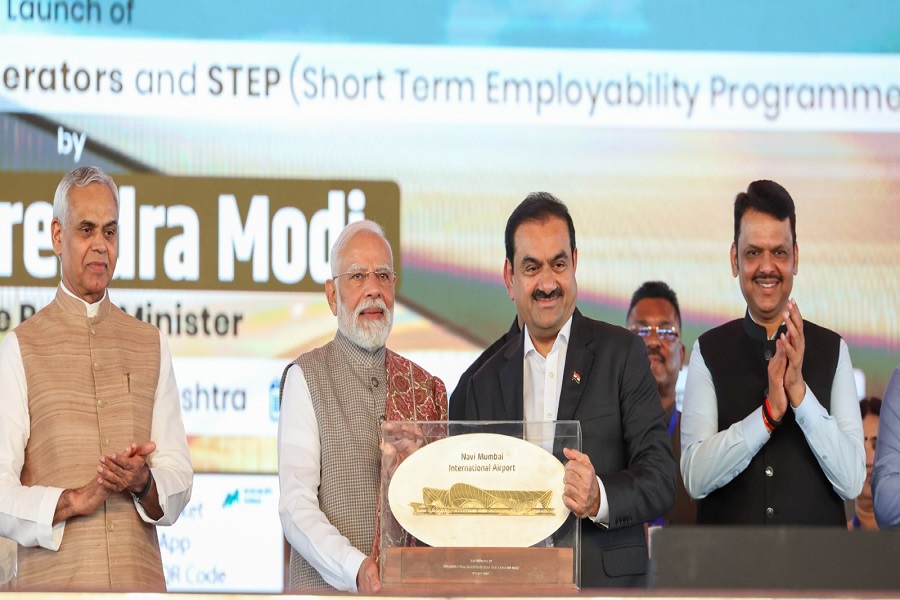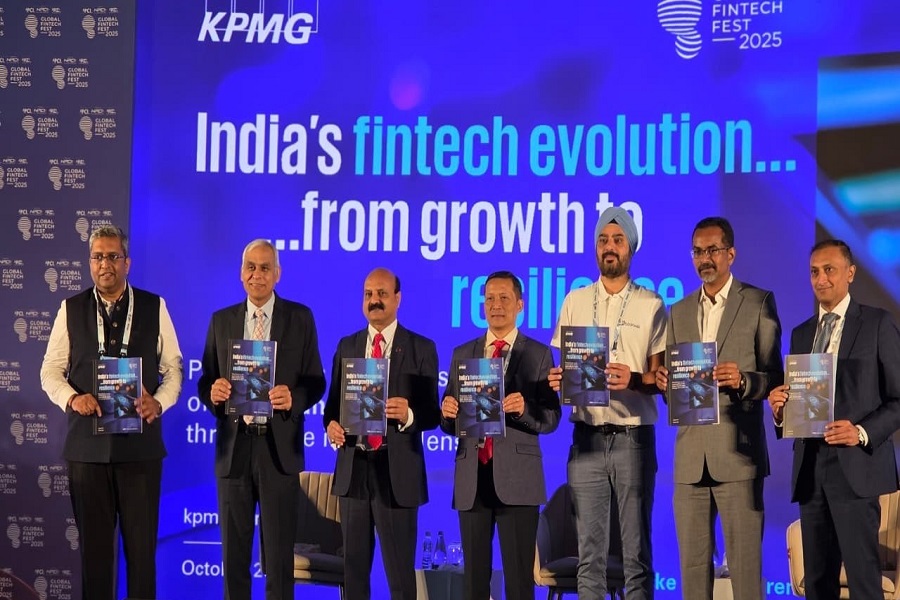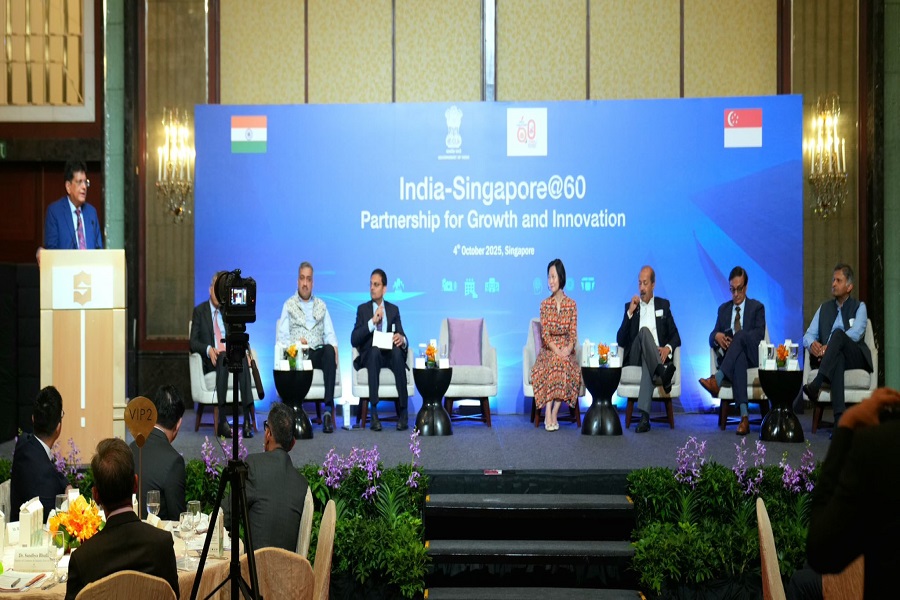Creating Value for All in the Long Term: Sustainable Growth Strategies for the Insurance sector By Nilesh Kothari, Chief Financial Officer, PNB MetLife

TheBanking, Financial Services, and Insurance (BFSI) sector has been witnessing considerable growth, both globally and in India.In Insurance, collaborations, advanced technologies, innovations and industry reforms have provided a boost to this growth. Against this backdrop, it is imperative for all BFSI companies, and in particular, insurance companies to focus on creating long-term value while deliveringsustainable growth for all stakeholders. Let’s explore some fundamental principles that can contribute to enduring success.
Optimize Customer Engagement and Retention
In today’s fiercely competitive environment, customertrust and loyalty areparamount.Customers today have an array of choices at their fingertips, and changing to a potentially more customer centric company is preferable to living with inconvenient technology, burdensome processes, and poor service.Organizations need to prioritize customercentricity throughout their operations, from product development to marketing initiatives. This entails a holistic approach of leveraging customer feedback and evolving withmarket trends to continuouslyrefine and enhance offerings. By integrating strong product and service suites,with a customer-first sales approach, and a focus on nurturing long-term relationships over short term transactions, companies can create a compelling value proposition for their customers.
Embrace Technology as Second Nature
Technology has become integral to everything we do today. It has changed the way we interact, engage, and to an extent even how we think. Leading technologies have catalyzed remarkable efficiencies across core functions like underwriting, risk assessment and claim processing, optimizing both time and effort. Similarly, digital initiatives at the operational level have made a breadth of processes more streamlined. But to remain pertinent in the present and future, we must harmonize human intelligence with technological advancements, continuously innovating to enhance their strengths.
Invest in Talent
In an age dominated by technology, the significance of people steering the course of these advancements has not diminished and remains paramount. The value of committed individuals with a growth mindset and long-term vision cannot be over emphasized. While technology opens doors to new possibilities and opportunities, it is our people who will ensure that we exploit these opportunities to the fullest. Along with recruiting top talent, retaining and developing existing talent is equally critical, fostering a pipeline of future leaders to propel continuity and growth. A deeply invested team can make a substantial impact on the longevity of any company.
Optimizing Capital Allocation Strategies
Alongside its purpose, a company’s objectives and its core competencies, capital allocation is a key skill. Financial modeling, adapting proven methods to one’s unique situation, stress testing and analysis, are all critical to capital management and so is experimentation. Piloting new strategies in controlled scenarios, leveraging innovative ideas and investing for the future must be prioritized equally to future proof against unknown or unexpected changes in the macro environment.
Strengthen Risk Management Capabilities
In a world where change is the only constant, risk mitigation is an extremely important aspect for safeguarding the interest of company, customer, and regulators, to facilitate and sustainable growth. There are potentially multiple scenarios that can affect investments and strategies that are otherwise sound. So it is realistic to envisage possible risks and safeguard against them. Probability modeling, diversification along with simulation, value accretive growth paths and continuous innovation must be integrated within the risk management framework to ensure truly sustainable and responsible growth.
In conclusion, continuously adapting to the evolving landscape, prioritizing customercentricity, and leveraging technology to enhance efficiency, are essential for driving societal progress and economic resilience, thereby paving the way for a more inclusive and prosperous future. As joint custodians of financial stability and prosperity, it is our shared duty to chart a course towards enduring success, ensuring that the benefits of financial services reach every corner of society. Let us forge ahead with determination and purpose, building a future where access to protection and credit solutions is not just a privilege but a fundamental right for all.
Above views are of the author and not of the website kindly read disclaimer










Tag News

Life Insurance Sector Update: Growth subdued; GST exemption to be a drag by Shreya Khandelwa...













